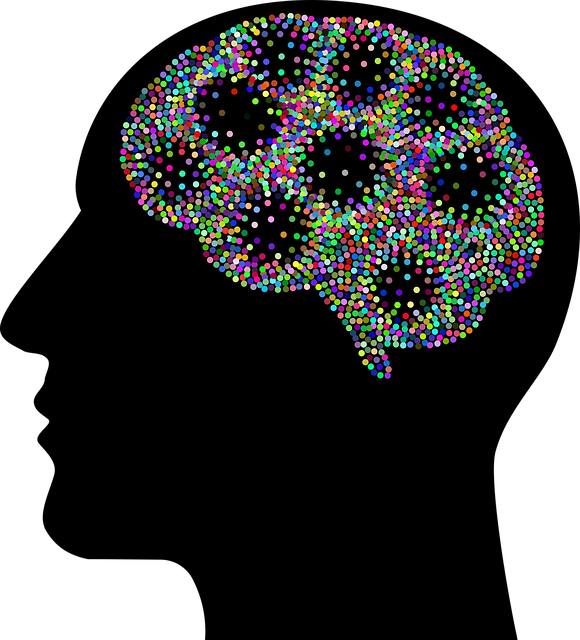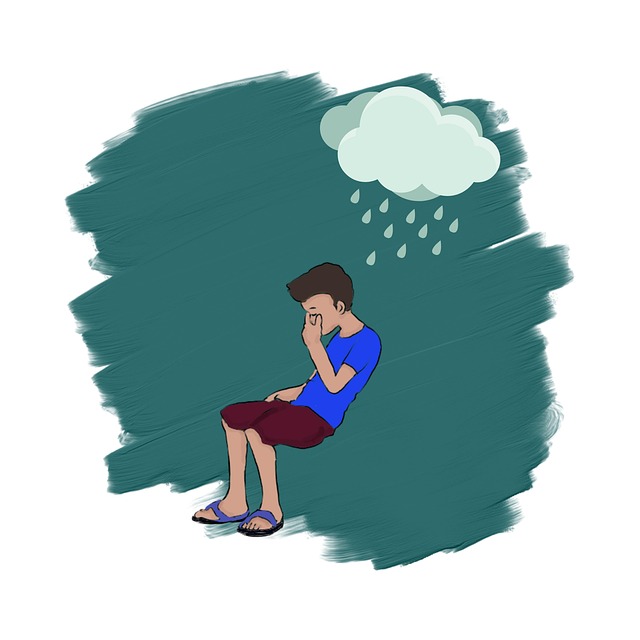Mental wellness coaching offers a proactive, age-appropriate approach to emotional development in young children, preventing future mental health issues. As societal norms evolve, these programs cater specifically to kids in polyamorous and open relationships, addressing complex emotions, boundaries, and communication. Tailored sessions use storytelling, play therapy, and inclusive environments for diverse needs, promoting resilience, empathy, and positive thinking while incorporating life balance techniques and emotional intelligence training.
Mental wellness coaching programs are gaining traction as effective tools for fostering resilience and emotional well-being. This article delves into three key aspects of modern coaching practices, focusing on mental health support tailored to diverse needs. We explore the unique challenges and benefits of providing therapy for young children, delve into the nuances of coaching in polyamorous and open relationships, and provide insights into designing comprehensive, effective coaching programs.
- Understanding Mental Wellness Coaching for Young Children
- Exploring Therapy in Polyamorous and Open Relationships
- Designing Comprehensive Coaching Programs
Understanding Mental Wellness Coaching for Young Children

Mental wellness coaching for young children is a specialized approach that focuses on fostering healthy emotional development and resilience at an early age. Unlike traditional therapy, which often addresses specific mental health issues, mental wellness coaching aims to prevent potential problems by teaching children valuable skills to navigate their emotions and build strong relationships. This proactive strategy is particularly relevant in today’s world where young people face various pressures, from academic expectations to the influence of social media.
Coaching programs designed for this age group often incorporate techniques tailored to their unique needs, such as storytelling, play-based activities, and games that encourage emotional expression and understanding. By fostering emotional intelligence, children learn to recognize and manage their feelings effectively, leading to improved self-awareness and reduced anxiety. Furthermore, with the increasing acceptance of polyamorous and open relationships, mental wellness coaching can also help young individuals navigate complex family dynamics and build healthy attachment patterns, contributing to their overall mental wellness.
Exploring Therapy in Polyamorous and Open Relationships

In recent years, there has been a growing recognition and acceptance of diverse relationship structures, such as polyamorous and open relationships. This shift in societal norms presents unique opportunities for mental wellness coaching programs to cater to this specific demographic. Therapy for young individuals in these relationships can be highly beneficial, addressing the challenges they face, including navigating complex emotions, managing boundaries, and fostering healthy communication. Mental health professionals play a crucial role in creating safe spaces where individuals can explore their identities, understand their relationships on their terms, and develop coping strategies tailored to their unique needs.
Community outreach programs can effectively target polyamorous and open communities by offering workshops, support groups, and individual sessions. Risk management planning for mental health professionals is essential when addressing such sensitive topics. By integrating self-awareness exercises and fostering an inclusive environment, therapists can help clients navigate the complexities of these relationships with enhanced understanding and resilience.
Designing Comprehensive Coaching Programs

In designing comprehensive mental wellness coaching programs, it’s crucial to address a diverse range of needs and life contexts. For instance, tailored sessions for therapy in young children should incorporate age-appropriate techniques to foster resilience building from an early age. This could involve creative strategies like storytelling or play therapy that engage the child while teaching them coping mechanisms. Furthermore, programs catering to polyamorous and open relationships can benefit from including modules on empathy building strategies, navigating complex dynamics, and maintaining healthy boundaries – all while promoting positive thinking as a core component.
Comprehensive coaching goes beyond individual issues, aiming to enhance overall well-being. This might include life balance techniques, stress management skills, and emotional intelligence training. By integrating these elements, coaches can create supportive environments where clients feel empowered to make positive changes. Such programs recognize that mental wellness is multifaceted, requiring a holistic approach that respects individual differences and cultural contexts.
Mental wellness coaching programs, encompassing aspects like therapy for young children and navigating polyamorous and open relationships, are evolving to meet diverse needs. By designing comprehensive, inclusive programs that cater to these unique populations, we can foster healthier, happier individuals. Incorporating tailored strategies and creating supportive environments, these initiatives revolutionize mental health support, ensuring accessibility and effectiveness for all.








